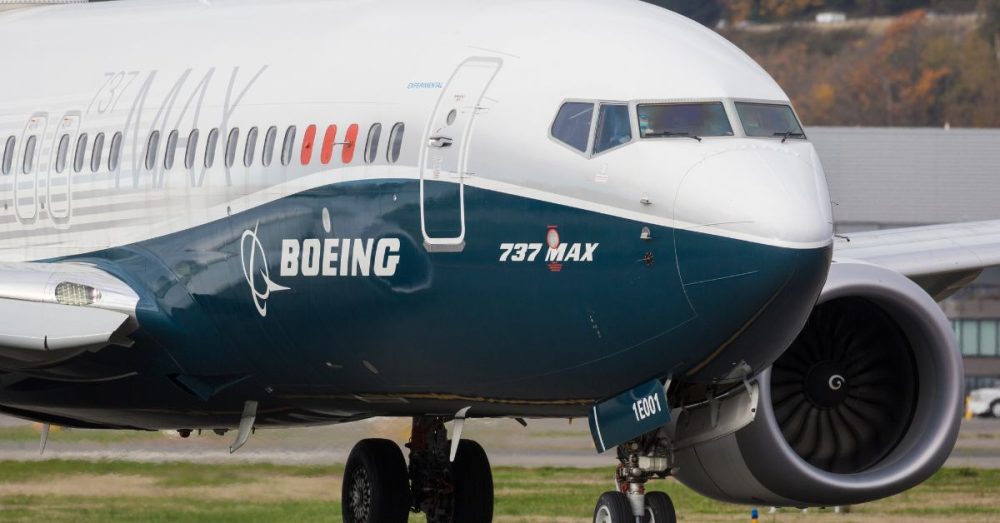A federal judge in Texas has rejected Boeing’s plea deal with the Department of Justice (DOJ) related to two fatal 737 MAX crashes that claimed 346 lives, citing issues with a diversity and inclusion (DEI) provision and insufficient accountability. The deal, which included a $487 million fine and three years of probation, was intended to resolve fraud charges for misleading the Federal Aviation Administration about software flaws linked to the crashes. U.S. District Judge Reed O’Connor, known for his conservative rulings, found the agreement failed to serve the public interest and marginalized judicial oversight in selecting an independent monitor to audit Boeing’s compliance practices.
Families of the crash victims, who had long criticized the plea as a “sweetheart deal,” welcomed the ruling. They argued that the agreement failed to hold Boeing and its executives fully accountable for the tragedies in Indonesia and Ethiopia in 2018 and 2019. Lawyers representing the families are pushing for the deal to be renegotiated to ensure it addresses the harm done to passengers and crew. They also demand a public trial to expose any wrongdoing and for Boeing to pay significantly more than the agreed fines, which they believe are inadequate.
Judge O’Connor’s objections stemmed from a clause requiring DEI considerations when hiring the independent monitor, stating that the selection should prioritize competency alone. The inclusion of such policies in the plea deal reflects broader cultural debates about DEI practices, which supporters argue address workplace biases but critics see as compromising merit. This aspect of the agreement led the judge to question its fairness and effectiveness in ensuring robust oversight.
Beyond the DEI concerns, the judge highlighted issues with the deal’s lack of direct involvement from the victims’ families and its omission of probation conditions tied to anti-fraud recommendations. This, according to O’Connor, undermines public confidence in Boeing’s accountability. The families have also called for Boeing to face criminal charges for their role in the crashes, which the DOJ initially avoided by shielding the company under a 2021 agreement.
The DOJ now has 30 days to respond to the ruling and determine its next steps, which may include renegotiating the agreement or appealing the decision. The case underscores the ongoing scrutiny of Boeing’s safety and compliance practices following a series of incidents, including a recent in-flight mishap involving an Alaska Airlines jet. Prosecutors had cited these safety lapses as justification for the plea deal, but the judge’s decision signals the need for stricter measures.
This legal battle arrives at a time when the public and policymakers alike are demanding greater corporate accountability in the aviation industry. The victims’ families and their advocates view the ruling as a victory and an opportunity to push for meaningful reforms. Whether Boeing will face harsher penalties or further investigations remains uncertain, but the judge’s rejection has reopened the possibility of a more transparent and stringent resolution.


